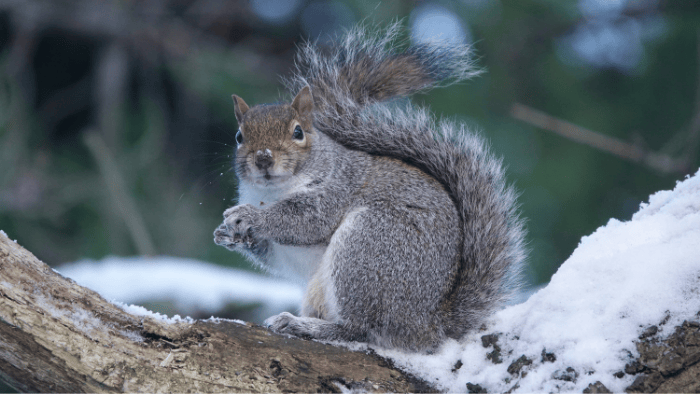When To Stop Worrying About Ticks & Mosquitoes

As if we don't have enough to worry about this year, mosquito and tick-borne diseases are on the rise. When do mosquitoes and ticks become less of an issue and at what point in the season can we stop worrying about them altogether?It would be super nice to cross at least one thing off our list of things to worry about. Biting insects is one that I would love to not think about every time I leave my house. It would be ideal to go for a walk or hike and not have to lather myself in bug spray every time.

When Is Peak Biting Season?
Peak mosquito action tends to occur during the heat of the summer. Once the temps get above 50 degrees Fahrenheit in the spring, mosquitoes start emerging. Once the temps get to 80 degrees, mosquitoes are out in full force, most especially at dawn and dusk.Ticks, on the other hand, can be active whenever the temperatures are above freezing. According to the Centers for Disease Control and Prevention (CDC), ticks are at their peak from May through August. This time is the highest likelihood to get a vector borne illness like Lyme Disease.

When is Tick & Mosquito Season Over?
Mosquitoes are cold-blooded insects, which means they do not have the ability to control their temperature, but rather have the same body temp as the environment. As cold-blooded critters, mosquitoes basically shut down when temperatures in their environment are less than 10 degrees.This means that we humans can start watching the thermometer starting in late October and early November for those first few really cold nights. The timing of these chilly nights differs every year, but it is right around this time that you can start counting on not being bothered by mosquitoes until the next spring.Tick season also typically ends when the temperatures begin dropping below freezing in the Fall. The Centers for Disease Control reports that, while most tick borne infections occur during the summer, ticks may still be active well into the fall, or even year-round in warmer climates. Due to this, the CDC recommends that hikers and nature enthusiasts continue to use insect repellent with DEET and permethrin to protect themselves throughout the fall months.Talk to our team today about treatments your yard can receive next year to keep your family safe from these biting pests!



